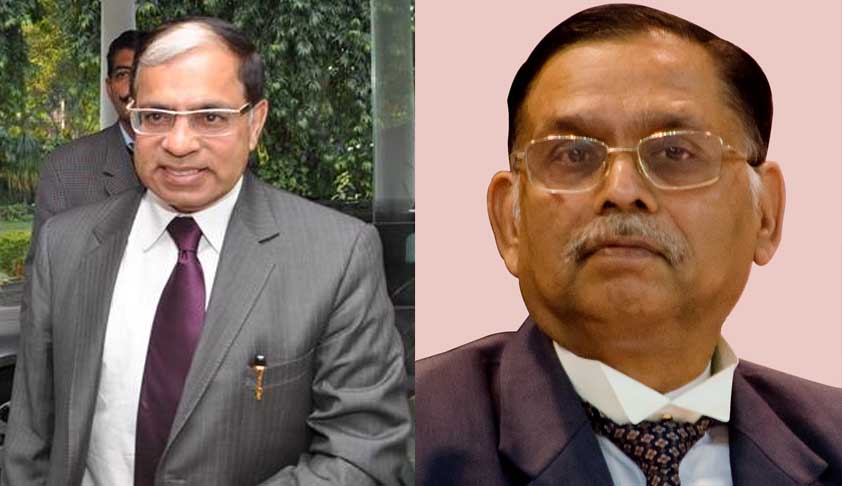The Supreme Court bench of Justices A.K.Sikri and Ashok Bhushan today concluded hearing arguments in the petitions challenging the validity of Section 139AA of the Income-Tax Act, which makes Aadhaar mandatory for filing Income-Tax returns.As Government Seeks To Justify Aadhaar For IT Returns, More New Grounds Emerge To Weaken Its CaseSenior counsel for the petitioners, Arvind Datar...

